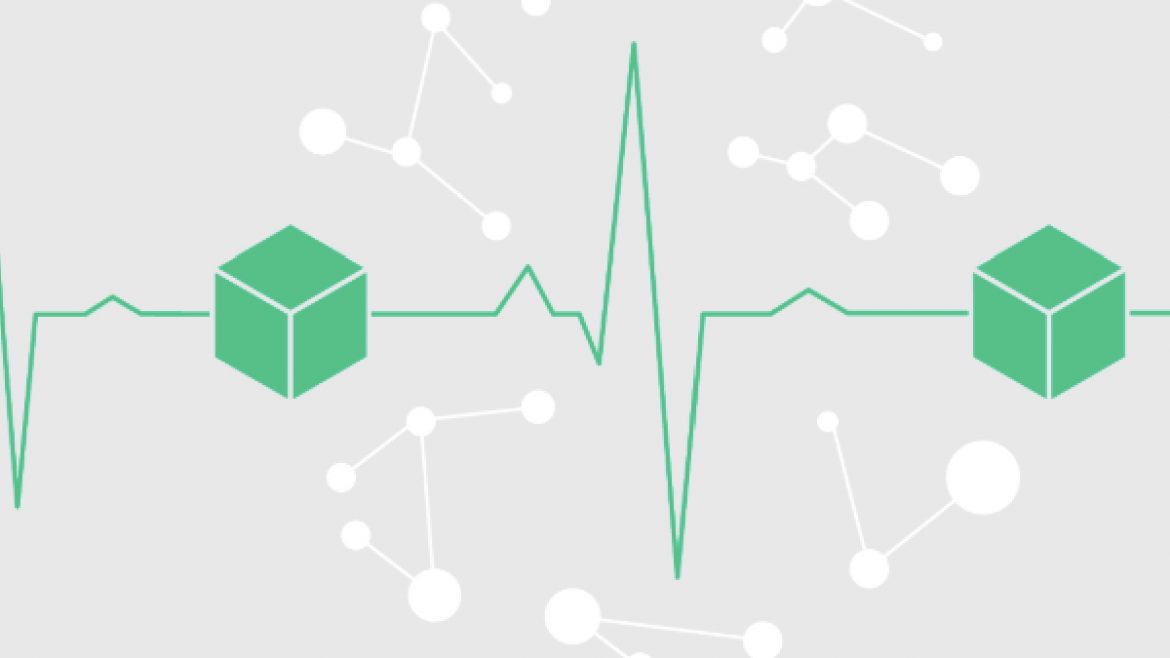Blockchain technology has proven to be an important and disruptive technology and the healthcare industry has been exploring several projects on the blockchain to promote safety, efficiency and innovation.
Unfortunately, healthcare has been one of the slowest growing industries with hospitals and pharma companies virtually stagnant and unchanged for nearly two decades. This shows a lack of innovation and need of revolutionary technology and change. Certainly, life expectancy and medical improvement have occurred but the medical space has been severely lacking in vertical innovation.
Blockchain technology could be the vehicle for innovation and efficiency; proving to the world that blockchain is multi-purposed across multiple industries. For one thing, it could significantly diminish the overhead, errors, and environmental factors from using a paper record.
Challenges faced by Healthcare
The industry faces a challenge of interoperability, information blocking, and identity management challenges. Apparently there is still no singular solution to tackle these issues. Statistics show that up to one in five patient records are not accurately matched even within the same health care system. As many as half of the patient records are mismatched when data is transferred between healthcare systems
How Blockchain can tackle these challenges
Blockchain’s core purpose is to decentralize ledgers and allow the sharing of information across a network of devices. In the healthcare industry, patient records could be encrypted, digitized and maintained on a digital ledger.
Here’s what Blockchain can do :
- Increase transparency so that participants are more accountable
- Provide financial incentive to overcome information blocking
- Create a collaborative ecosystem between hospitals, pharma companies and universities
- Solve interoperability issues
A network of healthcare institutes can each update patient information on the blockchain, thus the data belongs to every participant in the blockchain. Patients are identified via unique identifier and their identity is managed to avoid breach of privacy. In this case, the blockchain acts like a patient-sharing marketplace. The use of blockchain ensures that there is no tampering of information and interoperability can be solved. The blockchain is immutable and traceable, using this feature patients can easily send records to anyone without the fear of data corruption or tampering. Records adding to the blockchain will be completely secure.
Blockchain in Pharma
Pharma companies have an extremely secure supply chain to avert theft from the supply chain. Counterfeit drugs alone cost these companies nearly $200 billion annually. A transparent blockchain will help these companies tracking the supply chain of drugs to their point of origin and eliminate illicit drugs.
Several clinical trials across the world need data for their research and this could conveniently be obtained from a permissioned blockchain. The blockchain would help create a single global database to collect all this data and put them in one place.
The global blockchain in the healthcare market is expected to reach a valuation of $5.61 billion by 2025. The use of blockchain for healthcare data exchange will be the market with the largest share and a value of $1.89 billion by 2025. Blockchain definitely looks like the future of the healthcare industry and it will give the much needed boost to innovation in healthcare.
